Reindeer Can Sleep and Chew (Their Cud) at the Same Time
To make it through the long, cold Arctic winters, reindeer can get their beauty sleep while they stock up on calories.
It’s 5 a.m. on a cold, dark December morning in Tromsø, Norway. The Arctic town is in the midst of the polar night. The sun won’t break the horizon for six weeks. Inside a large barn, two bundled-up women pace, sing, and dance down an aisle, in front of reindeer fitted with makeshift halters. They’re not prepping Santa’s ride, but rather doing anything they can to keep the animals awake, for science.
Most animals, including humans, are ruled by a circadian rhythm. Think of it as an internal clock that dictates when to eat, sleep, and so much more. The clock is impacted by light, and shifts with the seasons. No matter how much we might want to resist, humans and many other creatures need more rest in the winter. Arctic-dwelling reindeer and some other polar animals that deal with total darkness in winter and round-the-clock summer sun seem to be able to override this system, or at least have a special one of their own. In the fall, reindeer sleep mostly at night and are awake in the day, but in winter and summer, they spread their sleep across the 24-hour day, so that the actual amount they sleep is about the same year round. They manage this with some nifty, innate multitasking abilities. A new study published in Current Biology, found that reindeer can get some beauty rest while simultaneously working on their last meal by chewing their cud.

Cud chewing is part of rumination, a lovely process of breaking down tough plant matter by chewing, swallowing, regurgitating, and chewing some more. Plenty of animals—ruminants, appropriately, do it—cattle and sheep, as well as wild species such as antelopes and giraffes. For reindeer, at least, the process seems to be doubly beneficial. “I think the multitasking idea is really central,” says coauthor Gabirela Wagner at the Norwegian Institute of Bioeconomy Research. “So we know that animals ruminate to get energy out of their food, and we know that animals need sleep, but the rumination actually does both!”
To find out how the light-dark cycles of the seasons impact the quantity and quality of reindeer sleep, researchers wrangled four female Eurasian tundra reindeer from UiT The Arctic University of Norway in Tromsø’s herd for a few days around the autumn equinox, summer solstice, and winter solstice. After building a bit of trust, the researchers outfitted the animals with external electrodes to read their brain wave activity. For four days, the researchers filmed and collected data, only intervening for tests on minor sleep deprivation—those times when they stayed with the reindeer to keep them awake.
The researchers found that, on average in any given 24-hour span, the reindeer spent around five hours in non-REM sleep, about an hour in REM sleep—and three hours ruminating, throughout the seasons, regardless of the natural light pattern. During rumination, they found the animals’ brain waves looked a lot like they were sleeping, and afterward, the brain waves signaling a need for sleep were reduced. Likely, this multitasking—extracting nutrition from food while also resting—helps keep reindeer biologically ready for both stocking up on energy during the summer and expending it to survive the long, cold winters, researchers say.

While many other animals’ hours of sleep change with the seasons, reindeer keep it consistent. “Sleep seems to be very essential, otherwise, they would probably sleep less in the summer,” says lead author of the study, neuroscientist Melanie Furrer at the University of Zurich, Switzerland. “Maybe their brain, or whatever it is, really needs a certain amount of sleep. Maybe it just doesn’t make any sense for them to sleep more in winter, or they can’t because their sleep pressure is not high enough.” Like all animals, reindeer have found their own way to get the sleep and calories they need.
“The big point here is that every animal absolutely has to have a certain amount of sleep, because there’s some mysterious function of sleep that hasn’t quite been identified. Animals will die if they don’t get enough sleep,” says Jerome Siegel, a professor of psychiatry and biobehavioral sciences at UCLA Center for Sleep Research, who recently published a study showing some reindeer can sleep with their eyes open, and was not involved in this study. But how animals go about getting the rest they need can vary greatly. Measuring brain waves has allowed researchers to refine their understanding of brain activity beyond observing behavior. “This is nice work,” Siegel says, “it illustrates a different way of looking at the same data, revealing that sleep is very adaptive.”
The researchers hope this study can emphasize the importance of sleep to industries that rely on cows, sheep, and goats, says Wagner. Humans seem to have caught on to the idea that better sleep hygiene can make us more productive, a simple truth may be overlooked in the dairy and meat industries, which often leave lights on all night or don’t provide space for animals to rest. And poorly rested livestock don’t produce as much as they otherwise might.

Sleep impacts conservation as well, says Wagner. “Sleep is not really considered in environmental impact assessments,” she says, “but it has a massive impact on the energy of any organism.” Wagner works with Indigenous Sámi reindeer herders in Scandinavia, and for her, this research drives home a warning. As the Arctic continues to warm and is increasingly overwhelmed by human activity, all aspects of life for Arctic ecosystems will be impacted. “This research provides the first use of physiological data that shows reindeer need to be left in peace, away from human activities,” she says. “They need to be given the time and the space to sit down and ruminate, not just because they need to digest, but also to cover their sleep needs.”
The study did not, however, examine whether reindeer are able to ruminate when they fly as well.


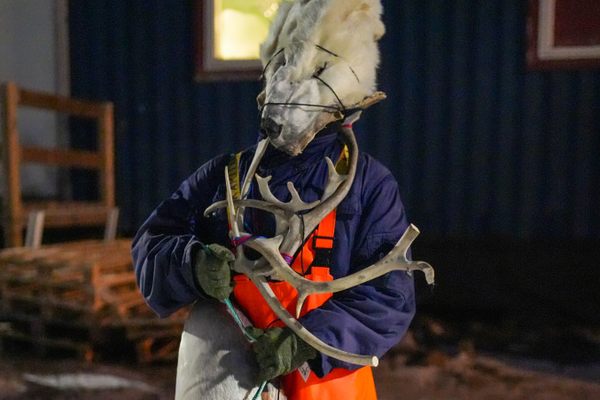
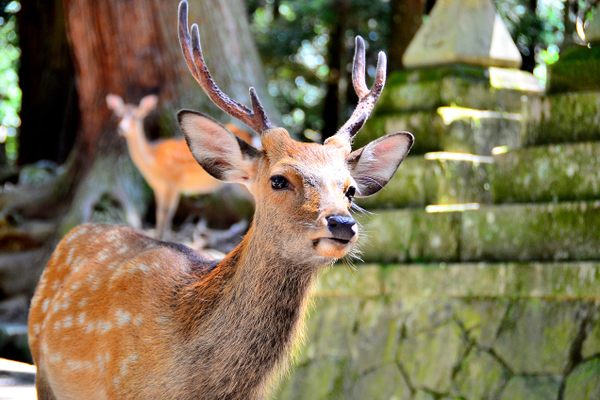


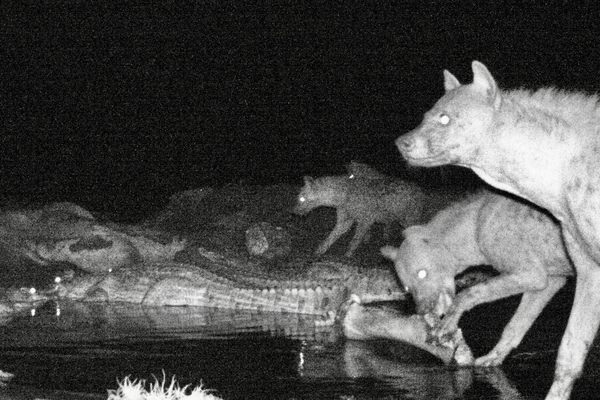






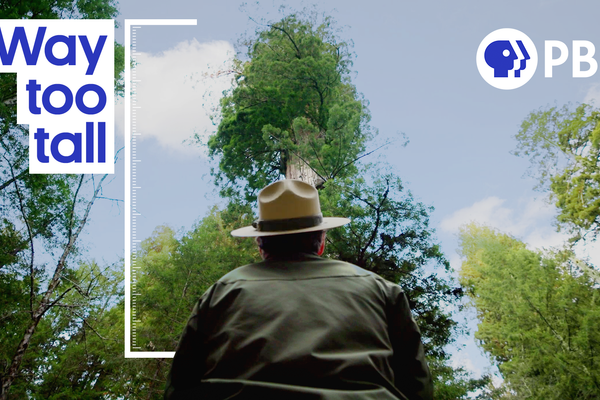

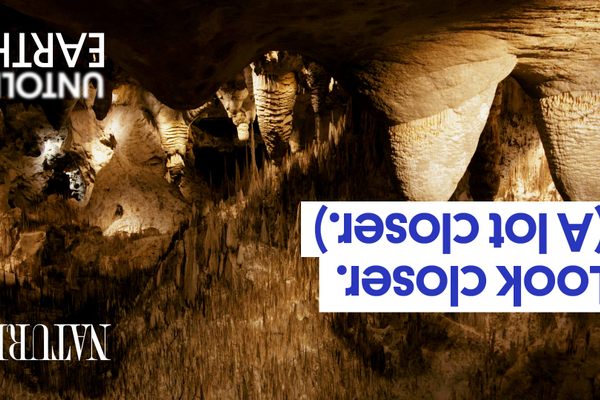








Follow us on Twitter to get the latest on the world's hidden wonders.
Like us on Facebook to get the latest on the world's hidden wonders.
Follow us on Twitter Like us on Facebook